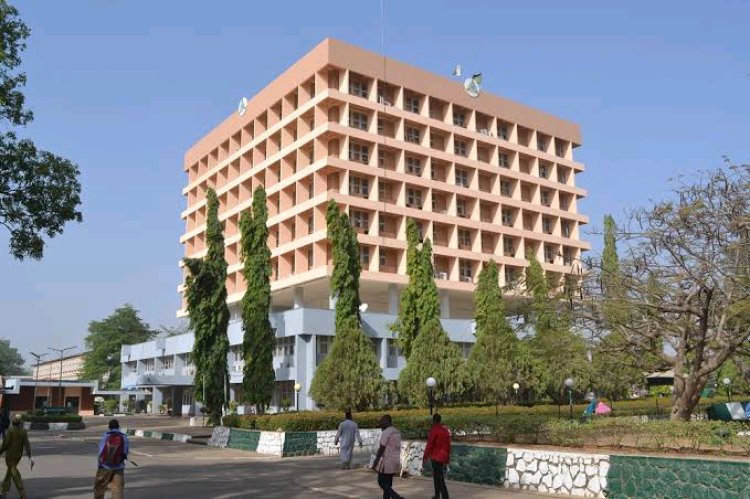Ahmadu Bello University’s Former Director Calls for Legal Provisions in Muslim Succession Matters
He emphasized the need to reduce judicial inconsistencies and conflicting decisions while providing clearer guidance for legal practitioners.

Prof. Ibrahim Na’iya Sada, former Director of the Centre for Islamic Legal Studies (CILS) at Ahmadu Bello University (ABU), has called for the enactment of specific provisions to address the choice of law in succession and estate administration involving statutory marriages contracted by Muslims.

Speaking at the 25th Annual Judges Conference organized by CILS in collaboration with the National Judicial Institute (NJI), Prof. Sada urged the National and relevant State Houses of Assembly to enact laws that would address these issues. He emphasized the need to reduce judicial inconsistencies and conflicting decisions while providing clearer guidance for legal practitioners.
Prof. Sada highlighted the importance of codifying aspects of Islamic personal law, particularly in relation to succession and estate administration. He proposed amending the Matrimonial Causes Act to include provisions that address succession for Muslims in alignment with Islamic principles. Furthermore, he stressed the necessity for clear rules on determining which law should be applied in such cases and which court should have jurisdiction.
The professor also called for judicial training programs focusing on comparative legal analysis, urging judges to adopt a balanced approach that recognizes both religious and statutory principles. He advocated for mediation in family matters to promote harmony, cohesion, and unity, as Islam emphasizes maintaining family bonds.
Prof. Sada concluded that the theme of the conference, "Succession and Estate Administration in a Dual Legal System: Balancing Islamic Personal Law and Statutory Provisions in Nigeria," reflects the complexities of Nigeria's pluralistic legal system. He explained that the duality in Islamic personal law and statutory provisions, especially in the context of Muslims with statutory marriages, requires further clarity and legal reform.





